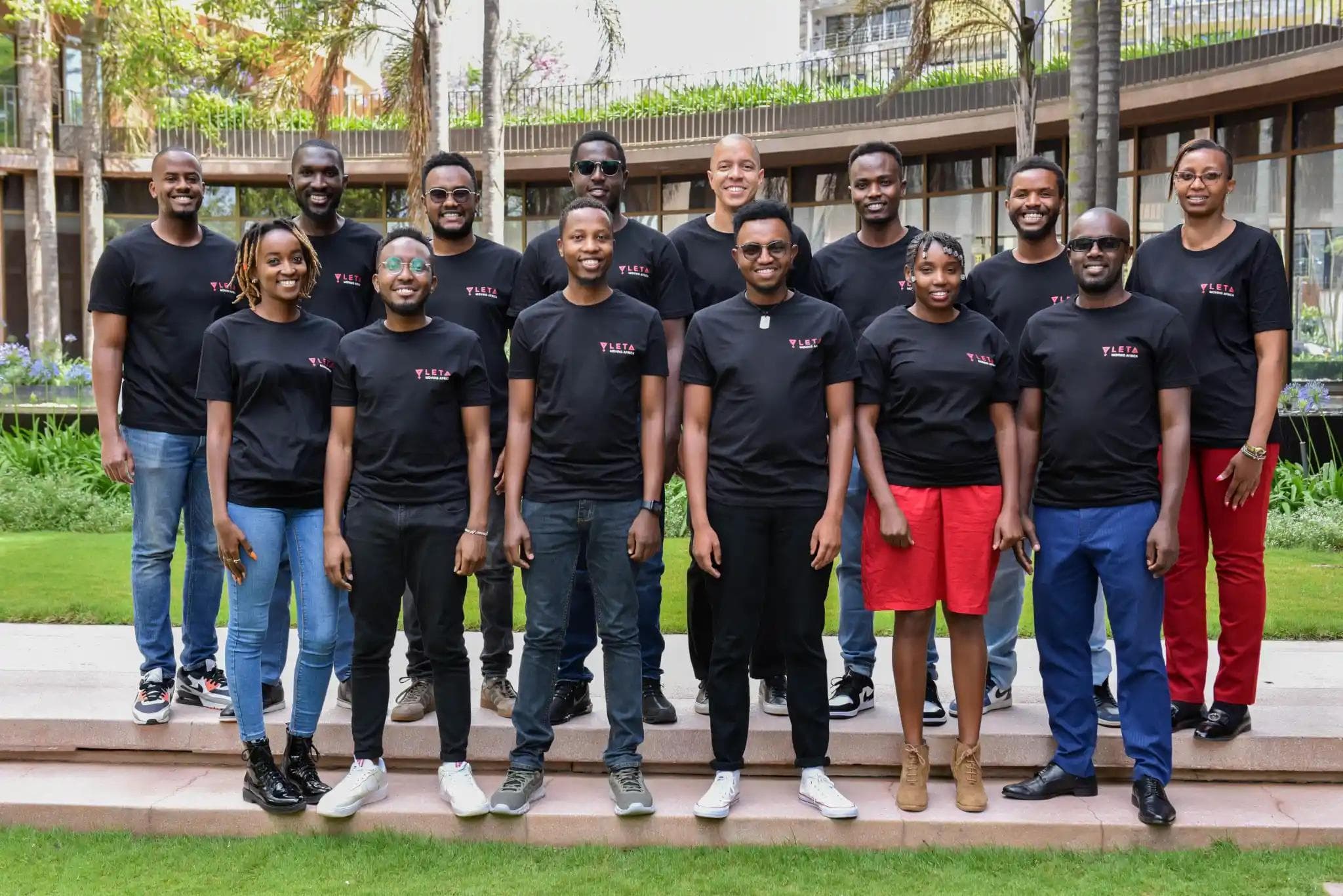
Protecting Love in the Digital Age
I invite you to read about my research and the development of Emma, where I explore AI’s role in safeguarding digital relationships.

Emma: The AI Consultant Fighting Romance Scams
Introduction
In an era where artificial intelligence (AI) is both a tool for deception and a weapon against fraud, romance scams have evolved into a sophisticated and emotionally devastating cybercrime. With a reported 60% rise in romance scam cases over the last five years, victims continue to suffer financial and psychological harm, often in silence due to societal stigma.

As we become more connected through digital platforms, paradoxically, we seem to be growing more disconnected in real life. This disconnection affects our ability to find and build meaningful romantic relationships in person, leading many to turn to online dating apps and social media. However, this shift has also set the stage for a surge in online romance scams. The introduction of AI-driven technologies such as deepfakes and AI-generated avatars makes us even more vulnerable, as scammers can now refine their deception techniques and expand their pool of potential victims. Despite the growing threat, limited research has been done on how to counter these scams effectively.
This gap in research compelled me to investigate how AI could be used to protect us rather than exploit us. I undertook this study and developed Emma as a hypothetical solution, exploring how AI-driven pattern recognition and user-centered design could help prevent scams and offer support to victims.
My Research Journey
The creation of Emma followed a rigorous, three-phase design sprint: critique, fantasy, and implementation. I first examined the limitations of existing scam prevention measures, uncovering gaps in accessibility, awareness, and precision. Then, I engaged in unconstrained ideation, imagining a world where scam prevention was seamless, stigma-free, and widely available. Finally, through iterative design and usability testing, I brought Emma to life as an interactive, AI-driven consultant.
To validate Emma’s effectiveness, I employed a mixed-methods approach: semi-structured interviews, Reddit thread analysis, and usability testing. My participants included both scam survivors and active online daters, ensuring a diverse range of insights. The analysis surfaced four major themes: awareness, anonymity, data protection, and accuracy—each revealing critical user needs and concerns that shaped Emma’s final design.
Eye-Opening Insights
1. The Awareness Gap
Shockingly, many victims were unaware that dedicated scam prevention organizations and support systems existed. Interviews and Reddit discussions revealed a recurring question: “What do I do now?” This lack of visibility demonstrated a dire need for better outreach and integration with popular dating platforms. Emma, therefore, does not just detect scams; it educates users, bridging the gap between vulnerability and empowerment.
2. The Power of Anonymity
Shame and fear of judgment often prevent victims from seeking help. Every research participant emphasized the necessity of anonymity when engaging with Emma. Even during usability tests, one participant immediately asked, “I hope this is anonymous?” This underscores the psychological barrier of social stigma, reinforcing the need for pseudonymous interactions within Emma’s support forums.
3. Data Protection Concerns
While users saw value in Emma’s scam detection, they raised concerns about potential misuse. Could the platform be weaponized for personal vendettas? Would false accusations tarnish innocent individuals? These fears prompted the development of safeguards, such as requiring multiple reports before flagging a suspected scammer and ensuring compliance with data protection regulations like GDPR.
4. The Pitfalls of a Percentage-Based Scam Score
An unexpected yet pivotal discovery was the anxiety caused by numerical scam scores. Participants felt that a percentage risk score could lead to undue panic or false accusations, making it an ineffective and potentially harmful feature. Instead, they advocated for behavioral summaries—e.g., “The person avoids video calls and requests money”—which provide clear, actionable insights without unnecessary alarm.
Emma’s Solution: More Than Just a Scam Detector
Emma isn’t just an AI-powered scam filter; it’s a comprehensive support system that combines technological precision with emotional intelligence. Key features include:
- AI-driven scam detection: Analyzes communication patterns and known scam tactics.
- Anonymous community forum: Allows users to share experiences and seek advice safely.
- Interactive chat interface: Provides tailored guidance on suspicious behavior.
- Direct help access: Connects users with therapists, legal experts, and fraud investigators.
Crucially, Emma’s responses are crafted with emotional sensitivity, avoiding harsh labels like “likely a scammer” in favor of observations like “This behavior matches common scam tactics”. The design prioritizes trust and psychological well-being, ensuring users feel supported rather than judged.



The Future of AI in Scam Prevention
While Emma marks a significant step forward, challenges remain. AI-driven scam detection must evolve continuously to keep pace with emerging fraud tactics. Future enhancements will include real-time data updates, voice interaction capabilities, and user-driven refinements.
This study highlights an essential truth: technology alone cannot solve social problems—design must center on human experience. Emma’s success lies not just in AI precision but in its ability to foster trust, anonymity, and empowerment. By balancing innovation with empathy, AI-driven solutions like Emma can redefine digital safety and restore confidence in online relationships.
Read the unpublished research paper here
From the blog
Read other blogs on Tech, Design, Personal development and Startups

Cost-effecient design
Design as a piece in the cost of operating your software

Leta Raises $3M - Logistics in Africa
Leta, a Kenyan B2B supply chain and logistics SaaS provider launched last year to optimize fleet management, is looking for growth opportunities in West Africa, even as it scales operations in its existing five markets.